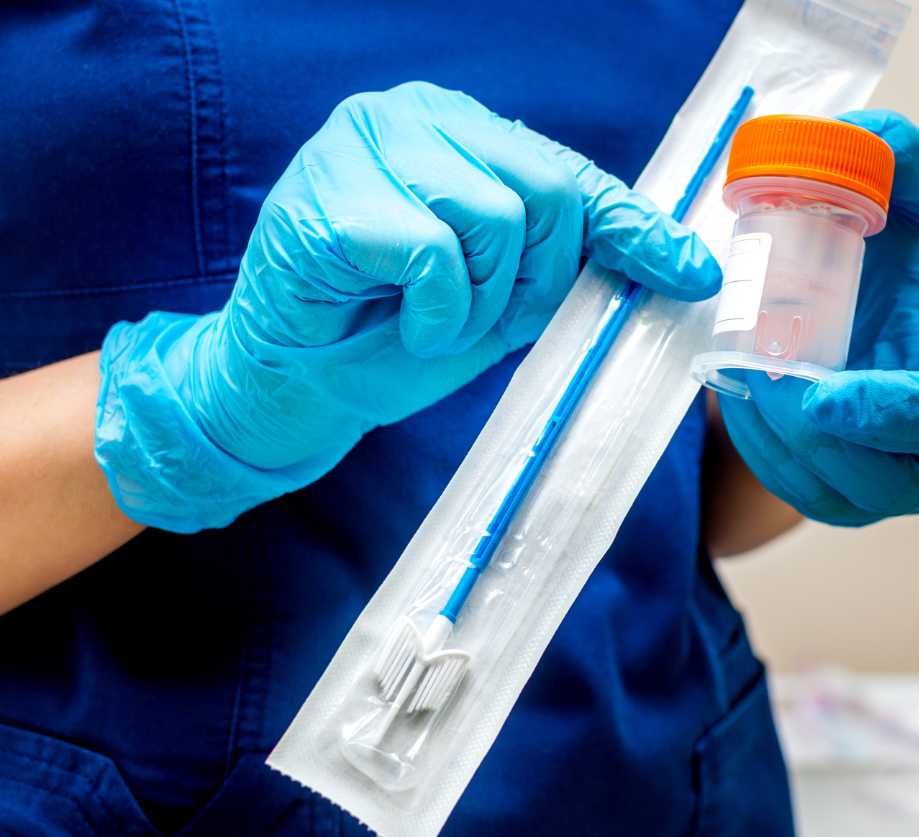
+971 55 756 9389
nirmala.murthy@kch.ae
Kings College Hospital, Dubai Hills
The management of Pap smear abnormalities depends on the specific findings and severity of the abnormality. Dr. Nirmala Murthy employs a systematic approach to evaluate Pap smear results and determine the most appropriate management strategy for each individual patient.
1. ASC-US (Atypical Squamous Cells of Undetermined Significance):

2. LSIL (Low-grade Squamous Intraepithelial Lesion):
3. HSIL (High-grade Squamous Intraepithelial Lesion):
4. ASC-H (Atypical Squamous Cells, Cannot Exclude HSIL):
5. AGC (Atypical Glandular Cells):
6. Unsatisfactory/Inadequate Specimen:
7. Follow-up and Surveillance:
Patient Education and Support: Dr. Murthy provides comprehensive patient education and support throughout the evaluation and management process. She ensures that patients understand their Pap smear results, the implications of abnormal findings, and the recommended management plan. Additionally, Dr. Murthy offers guidance on cervical cancer prevention strategies, including HPV vaccination, safe sex practices, and smoking cessation.
By offering personalized and evidence-based management of Pap smear abnormalities, Dr. Nirmala Murthy aims to optimize patient outcomes and promote cervical health and wellness.